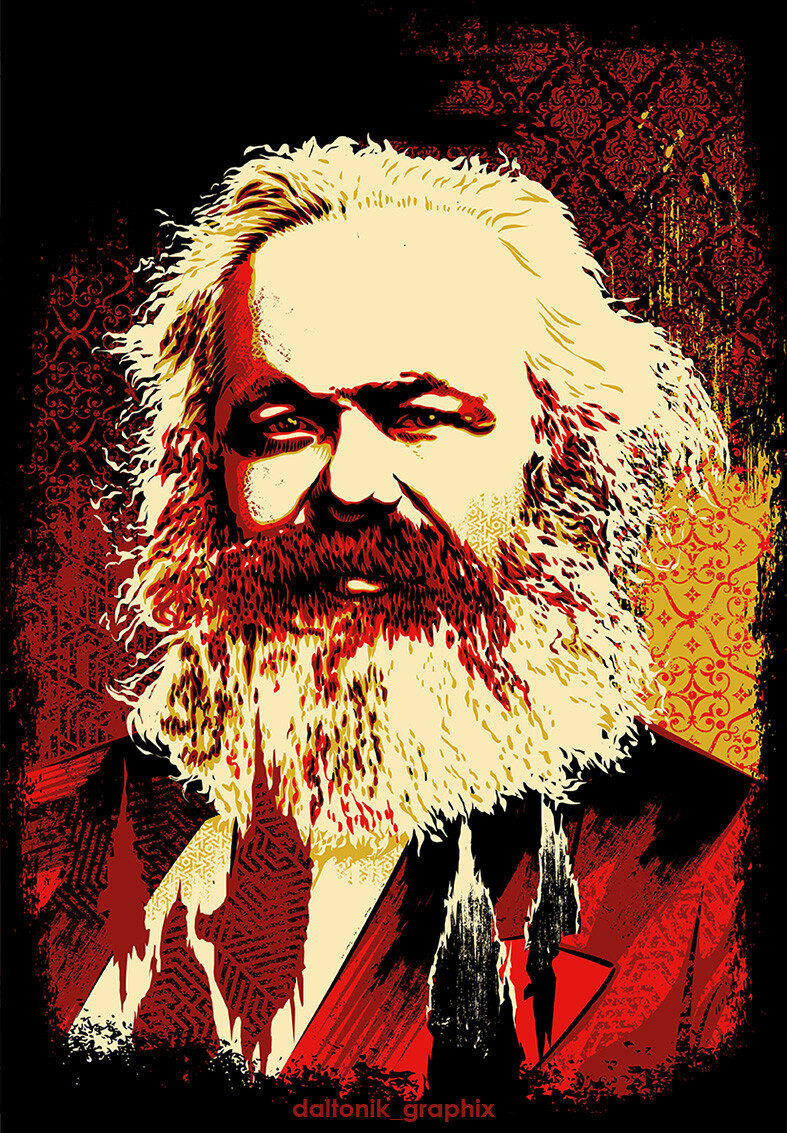

Batman realised that abolishing capitalism was the only way to stop crime in Gotham and became DC Engels


Batman realised that abolishing capitalism was the only way to stop crime in Gotham and became DC Engels
Authentic, innovative structure, elegant, evocative


Yes of course I wasn’t implying they were mutually exclusive


Good post but they really downplay the achievements of collectivisation for both Stalin and Mao. Stalin won WW2 and Mao massively increased life expectancy.
They also downplay how Kruschev really did overthrow Soviet power by abandoning class struggle and paved the way for the USSR’s illegal dissolution. This is why Deng is better, he kept the dictatorship of the proletariat stronger than ever and by using foreign capital he compensated the instability with abundance. Kruschev just dogmatically liberalised stuff and it caused supply chain problems that weren’t there during Stalin
Europe is gonna go feral and the damn euro left is going to stubbornly refuse to escalate until half of their activists are dead or in prison


Holy shit Happy Tree Friends… I remember being a kid and all my friends who had older brothers or cousins talking about it and I was like -> 


First time I saw Skibidi Toilet I didn’t have the context of it being popular with kids so I assumed it was just regular shitpost and it made me laugh
I have no idea how people who enjoyed 2016-2020 meme culture reacted so negatively to it
Isn’t it because ranked choice is less accurate than individual notation? Like, with ranked you have to pick a first one while if you go even further you can give the possibility to rate everyone 0 and have the election restarted with a new roster if nobody has the average score
“Democracy” is the wrong term here. They mean electoralism
It can play a role but there are so many other factors. Some people turn to theism to cope with hardships which means they are less unhappy thanks to it. But on the other hand there are people who live a restricted frustrating childhood in a religious family and finally experience freedom with atheism.
It’s more interesting to ask ourselves what precisely religion brings to the table, the negative and the positive, so we can answer difficult political questions in relation to religions


It boils down to the systemic reason of the existence of widespread anti-Semitism in Europe : the building of the nation-state. Jewish people, just as nomadic people of europe, were a community that existed beyond borders, so they threatened the notion of a nation state like nobody. Typically, the jews were seen as “untrustworthy” precisely because they had “no nation”.
To make a parallel, this is the same reason trans and gay people are being persecuted, because they threaten patriarchy.
So back to Zionism, the anti-Semitic nation states of Europe wanted the jews out because they showed how arbitrary their existence ultimately is. But how? A solution was found with the most self-hating members of the Jewish community. They wanted to address the “problem” of being a people without a nation-state. They had internalised anti-Semitism and were ready to use colonialism to renounce what made them special. So that way, anti-semites could send the jews “back where they belong”, and eventually see them as expatriates from Israel rather than true citizens of the country they lived in, which didn’t threaten their nationhood anymore.
So basically as long as Isn’treal exists, Jewish people are forced into a position of renouncing their special revolutionary potential as a people beyond borders. Support for zionism is an attempt to erease Jewishness, to make them exactly like the whites and most importantly to deny that they belong where they live, to treat them as expatriates even if they lived in Europe for centuries


Israel, itself, transforms a historically very radical ethnic group into white people.
Again, and I think we don’t push this talking point nearly enough: Zionism is a fundamentally anti-Semitic project.


Centipedes 🤝 Sperm donors
Common case of programmer brain
We have the same in France. Literally everyone of my generation here knows their dumbass slogan “Diary products are our friends for life”. Shit sounds like a fake DPRK story
Commander in chief of drip
Dalai Lama 
Gravity is when things go down 
Beautiful